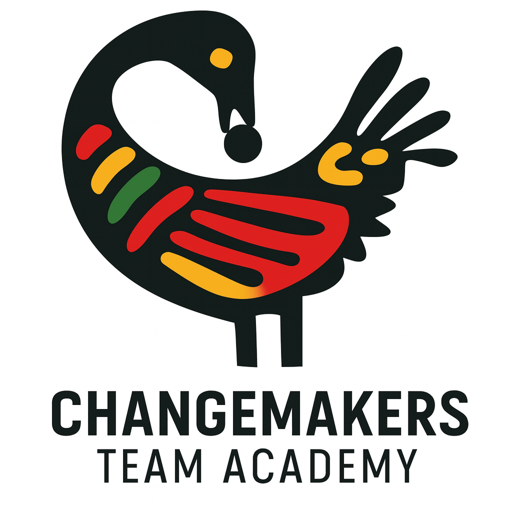Executive Summary
The Washington Future Generations Act (WFGA) creates a durable, non-partisan capacity in state government to consider the wellbeing of people and planet across longer horizons. It is fueled by community visions surfaced in public libraries, translated into evidence by team-run learning organizations, and synthesized into policy briefs for legislators and agencies.
Why Now
- Short decision cycles miss long-run impacts on youth, elders, and future residents.
- Education-to-work transitions need proof-of-work, portable skills, and civic belonging.
- Libraries are trusted, low-barrier civic infrastructure that can host dialogue and discovery.
- The AI era raises urgent questions of ethics, evidence, and human judgment.
What the Act Creates
- Office for Future Generations to coordinate evidence, foresight, and participatory processes.
- Commissioner for Future Generations to champion cross-agency alignment and publish annual reports to the Legislature.
- Library-Anchored Hubs where communities host dialogue circles and submit “Resolutions for the Future.”
- Junior Parliament meeting in libraries statewide to practice deliberation and submit youth resolutions.
- Evidence Standard using team-based learning organizations (Tiimiakatemia® + u-school practices) to convert projects into open artifacts, dashboards, and testimonies.
How It Works
- Community visions → library circles (MIT u.lab practices: deep listening, presencing, prototyping).
- Teams run projects with real clients; produce evidence deliverables, testimonials, and open data snapshots.
- Quarterly showcases; biannual synthesis memos to committees and agencies.
- Annual Future Generations Report with dashboards, youth resolutions, and legislative options.
How Partners Engage
- Legislators: host briefings; pilot a library circle; request synthesis on priority bills.
- Libraries & municipalities: convene hubs; schedule showcases; co-author Resolutions for the Future.
- Philanthropy & employers: fund stipends, coach training, and open-data infrastructure.
Contact: dion@changemakersteamacademy.org · changemakersteamacademy.org
